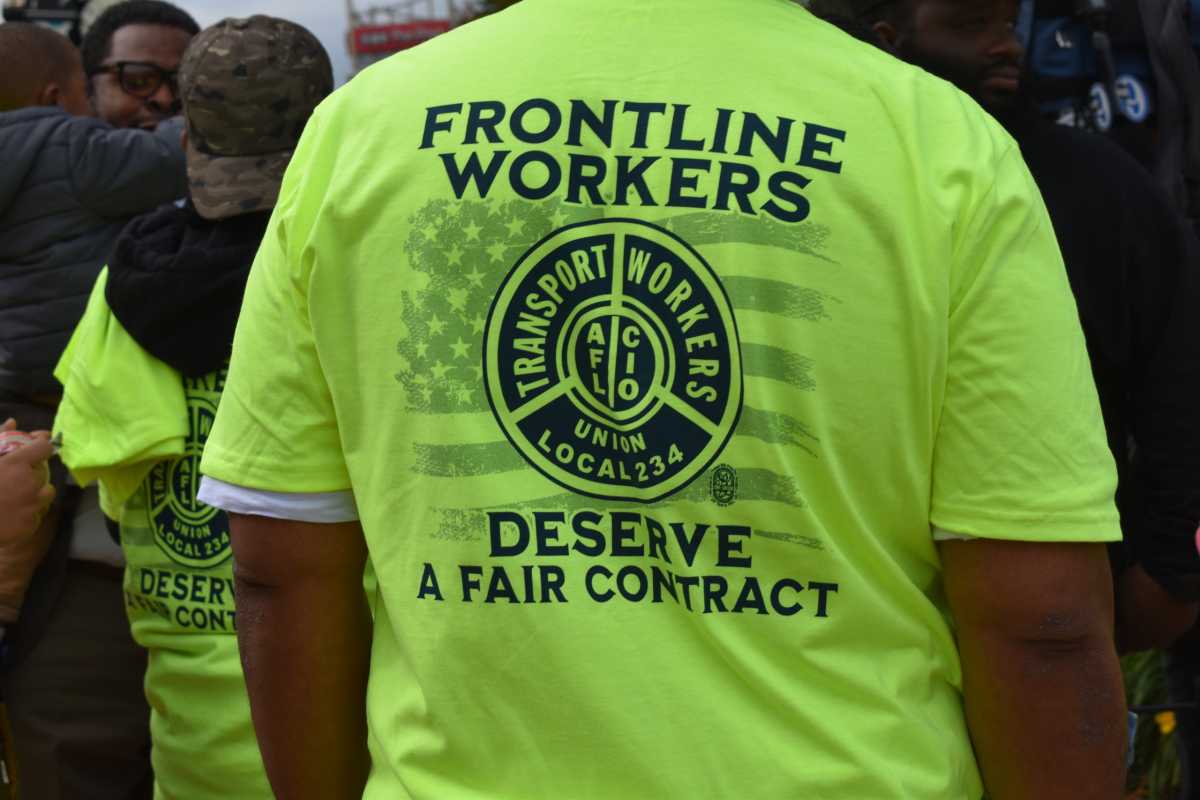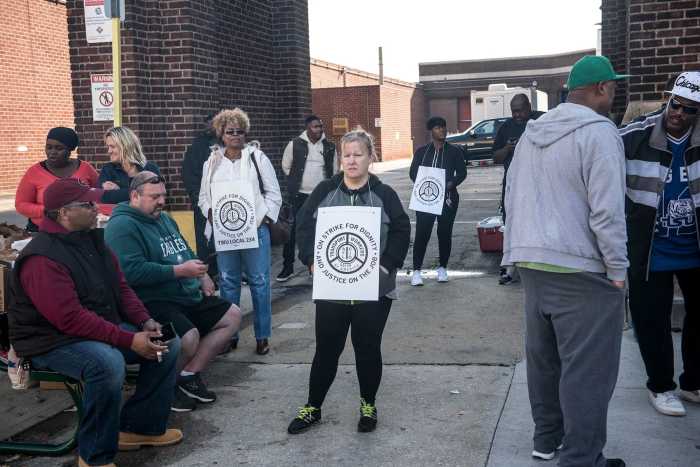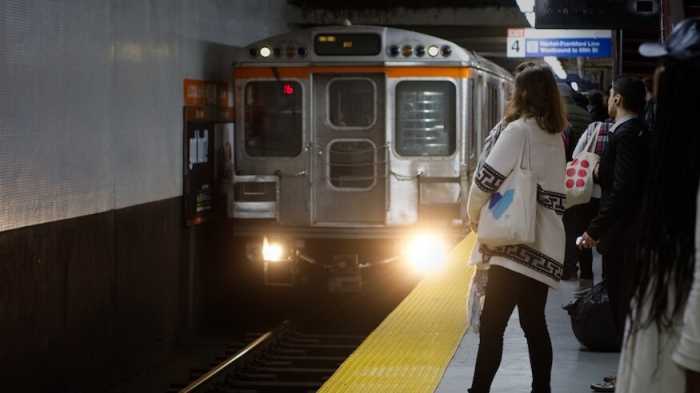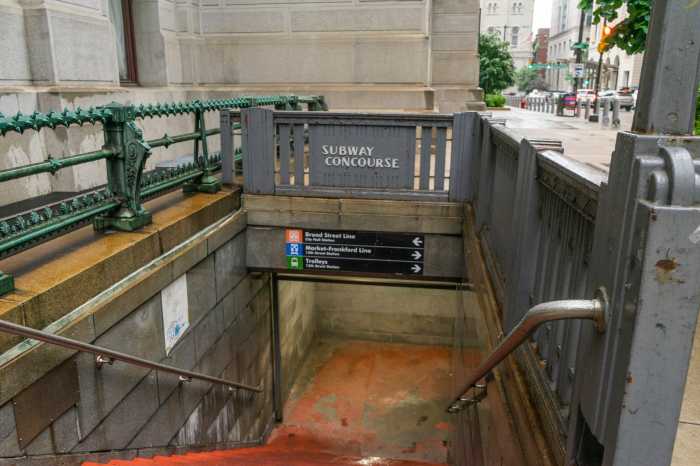The largest union representing SEPTA workers voted Sunday to authorize a strike if negotiations stall over a new contract.
About 1,000 Transport Workers Union Local 234 members approved the measure — allowing labor leaders to organize picket lines if an agreement isn’t reached by Oct. 31 — through a unanimous voice vote, union president Willie Brown said.
“We don’t want to strike,” Brown told reporters after the meeting. “We’re going to do everything we can to work and keep the system running. But if it breaks down, we’ll do what we have to do.”
A strike would affect the Market-Frankford and Broad Street lines, city bus routes and trolley lines, jeopardizing in-person education for schools and leaving thousands of residents scrambling to find alternate commutes.
Talks ended Friday with “some productive sessions,” SEPTA spokesman Andrew Busch told Metro.
“We’re looking forward to continuing that this week,” he said Sunday. “And we’re hopeful at this point that we will be able to reach an agreement with TWU leaders without a service disruption.”
Among the top issues for Local 234 is wage increases and enhanced safety protections for workers and riders.
Brown said the union wants pay raises similar to those awarded to city employees and School District of Philadelphia teachers.
SEPTA officials have said the transit agency faces an uncertain future and is currently losing about $1 million a day.
Ridership has yet to recover, still hovering at less than 50% of pre-pandemic levels. The authority has received a total of $1.5 billion in federal relief.
“If you have $40 million to put aside for a King of Prussia line, something that may or may not happen in our lifetime,” Brown said. “If you have $7 million to give a company to come tell you how to rename your stations, then you have some money.”
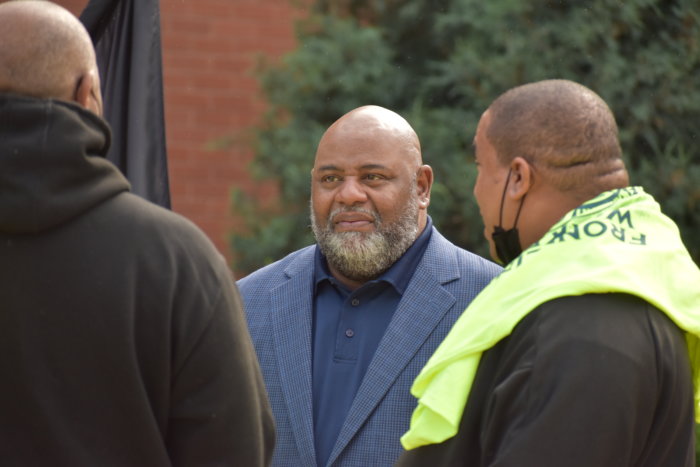
Negotiators for SEPTA have laid out two-year and four-year contract proposals, officials have said. The longer-term option is more vague, with the authority hesitant to commit to concrete wage increases amid a variety of uncertainties.
Local 234 members emerged from Sunday’s gathering at the Sheet Metal Workers’ Local 19 union hall in South Philadelphia in neon green T-shirts emblazoned with “Frontline workers deserve a fair contract.”
The meeting took on a somber tone, as speakers discussed the difficulties of working during the pandemic and held a period of silence for 11 SEPTA employees who have died of coronavirus-related illness, according to union representatives.
Brown has asked SEPTA to provide better death benefits to the families of those who have died from COVID-19.
New York’s Metropolitan Transportation Authority has given $500,000 to the relatives of more than 150 deceased workers. SEPTA “isn’t able to do that,” Busch said. The authority has offered a $40,000 payment to the families.
Another sticking point for Local 234, Brown said, is a better maternity leave policy for SEPTA workers.
Local 234 represents more than 4,700 bus, trolley and subway operators, as well as mechanics, cleaners and other frontline workers.
The union has long had a rocky relationship with SEPTA. It last went on strike in 2016.
Terms included in the City Transit Division contract are usually used as a template for the many other unions representing SEPTA workers.



